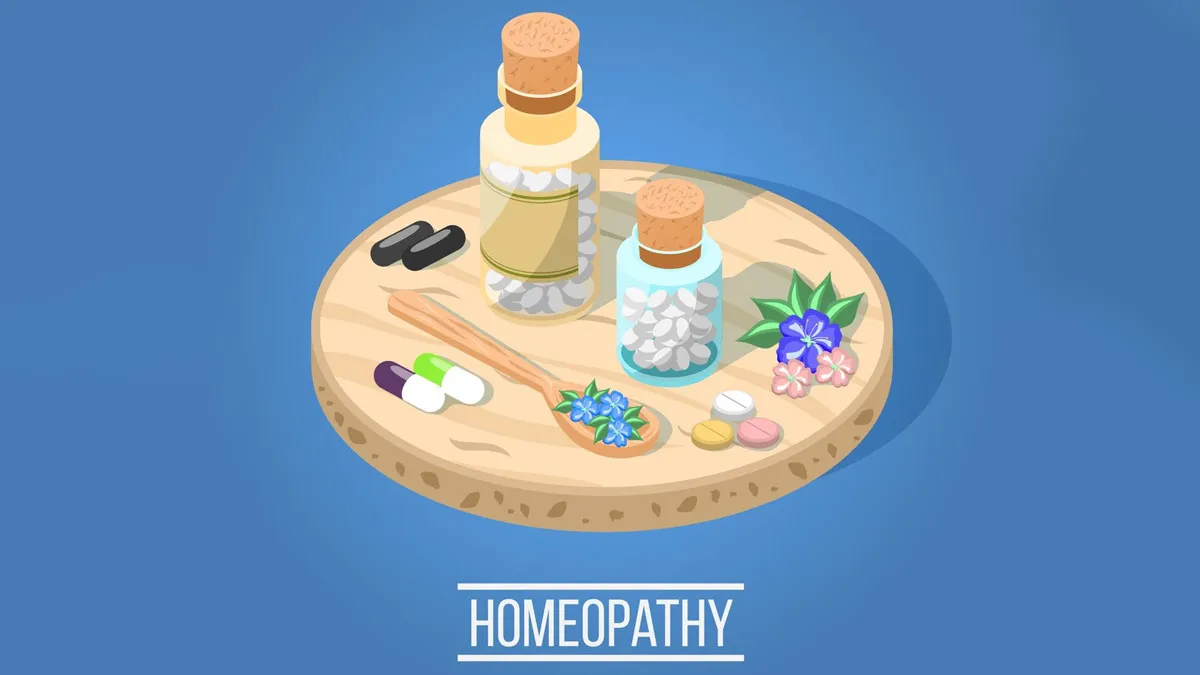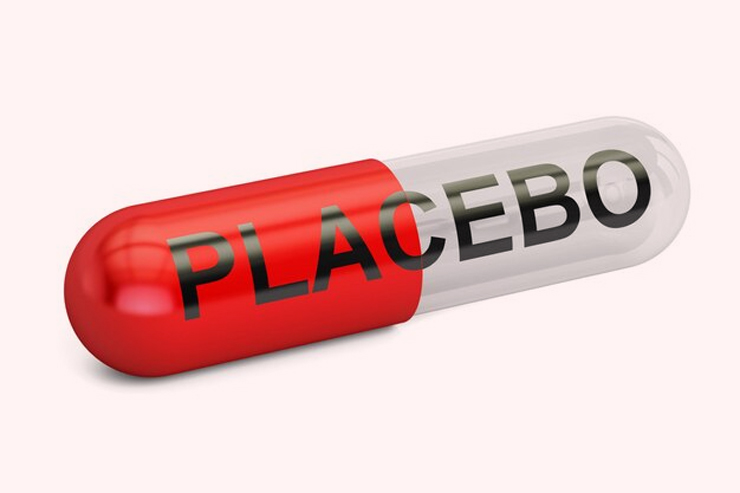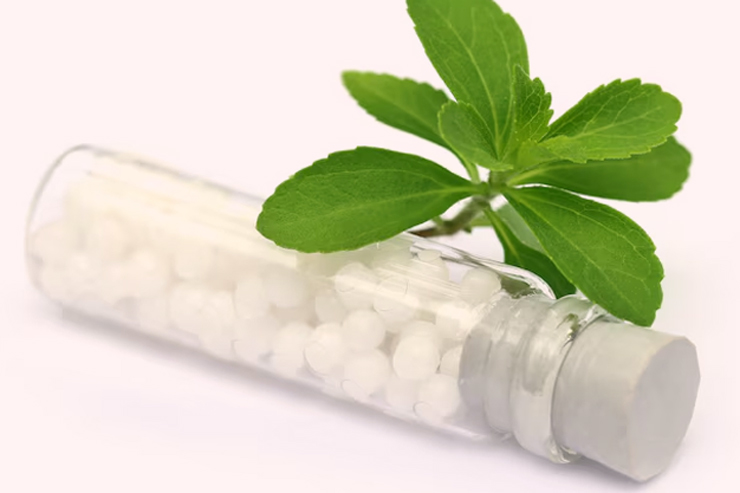
Homeopathy has long been a subject of debate, embraced by millions yet questioned by skeptics. While misinformation surrounds it, real-world experience and scientific studies paint a different picture. In India, homeopathy is currently the third most popular medical treatment system after allopathy and Ayurveda. With over 200,000 registered homeopathic doctors and nearly 12,000 new practitioners joining annually, its reach and acceptance continue to grow. According to the World Health Organization (WHO), over 100 million people in India alone rely on homeopathy, making it crucial to separate myths from facts.
Table of Content:-
We spoke to Dr Deeksha Katiyar, Founder and Managing Director, We Clinic. She states, “Homeopathy has stood the test of time, proving its effectiveness beyond placebo effects. Its integration into healthcare systems worldwide is a testament to its therapeutic benefits."
Myth 1: Homeopathy is Just a Placebo

Fact: Clinical studies suggest otherwise. A comprehensive e-book published in 2024 compiles hundreds of experimental and clinical studies demonstrating that homeopathy's effects extend beyond placebo. This resource provides substantial evidence supporting the therapeutic benefits of homeopathic treatments. Countries like Switzerland have integrated homeopathy into their national healthcare systems, recognizing its benefits beyond the placebo effect.
"The placebo argument is outdated," says Dr Katiyar. "When we see patients recovering from chronic conditions with homeopathy, we know there’s more to it than just belief."
Myth 2: Homeopathy Works Slowly
Fact: The speed of recovery depends on the condition. Acute cases, like allergies and viral infections, significantly improve within days. The Homeopathy Research Institute's 2023 conference highlighted numerous studies underscoring homeopathy's efficacy. Chronic ailments like arthritis or migraines require a longer but effective course of treatment. Unlike conventional medicine, homeopathy addresses the root cause, leading to long-term healing.
"Homeopathy is designed to work at the body's pace," explains Dr Katiyar. "It focuses on strengthening immunity and addressing the cause rather than just suppressing symptoms."

Myth 3: Homeopathy Lacks Scientific Basis
Fact: Homeopathy follows the principle of ‘like cures like,’ which modern research is beginning to validate. Nanoparticle studies from the Indian Journal of Research in Homeopathy (2017) show that homeopathic medicines contain active nanoparticles capable of interacting with biological systems. The fact that it has been practiced for over 200 years, across 80+ countries, reinforces its credibility.
"Science is evolving, and so is our understanding of homeopathy," Dr Katiyar emphasizes. "Recent studies show how even ultra-diluted substances can have biological effects."
Myth 4: Homeopathy is Not Suitable for Serious Diseases
Fact: Homeopathy is widely used for lifestyle diseases like diabetes, hypertension, and autoimmune disorders. In Germany and France, homeopathic treatments are integrated into hospital care. Recent publications have explored homeopathy's role in managing various health conditions, including cancer, depression, and psoriasis. These studies suggest that homeopathy can be a valuable complementary approach to treating complex diseases, offering benefits beyond conventional therapies. India’s Ministry of AYUSH actively promotes homeopathy in treating non-communicable diseases, showing government-backed confidence in its effectiveness.
"Many chronic and lifestyle diseases respond well to homeopathy," says Dr Katiyar. "It works alongside conventional medicine to improve overall well-being."
Also read: What Is Homeopathy? The Nuances Explained By A Homeopathy Doctor

Myth 5: Homeopathy Can’t Adapt to Modern Healthcare
Fact: The homeopathy industry is evolving with technology. Even clinics based out of Tier-II cities are able to leverage teleconsultations to reach metropolitan areas beyond their bases. AI-driven diagnostics and personalized treatment plans are transforming homeopathic care, making it more precise and accessible. The future looks promising with the global homeopathy market expected to reach $18.6 billion by 2027 (IMARC Group).
"With telemedicine and AI-driven diagnosis, homeopathy is becoming more advanced than ever before," Dr Katiyar points out. "Patients now have easier access to expert consultations and customized treatments."
Why Homeopathy is More Relevant Today Than Ever
Homeopathy offers a sustainable alternative in a world grappling with rising healthcare costs and antibiotic resistance. It’s natural, non-invasive, and works in harmony with the body’s immune system. With increasing research, government support, and industry growth, homeopathy is a powerful complement to modern medicine.
"People are now looking for gentler and more holistic treatments," Dr Katiyar concludes. "Homeopathy fits thDrat need perfectly, providing safe and effective care."
As scientific research continues to evolve, homeopathy is proving itself to be more than just an alternative, it’s an integral part of the modern healthcare landscape.
Also watch this video
How we keep this article up to date:
We work with experts and keep a close eye on the latest in health and wellness. Whenever there is a new research or helpful information, we update our articles with accurate and useful advice.
Current Version
